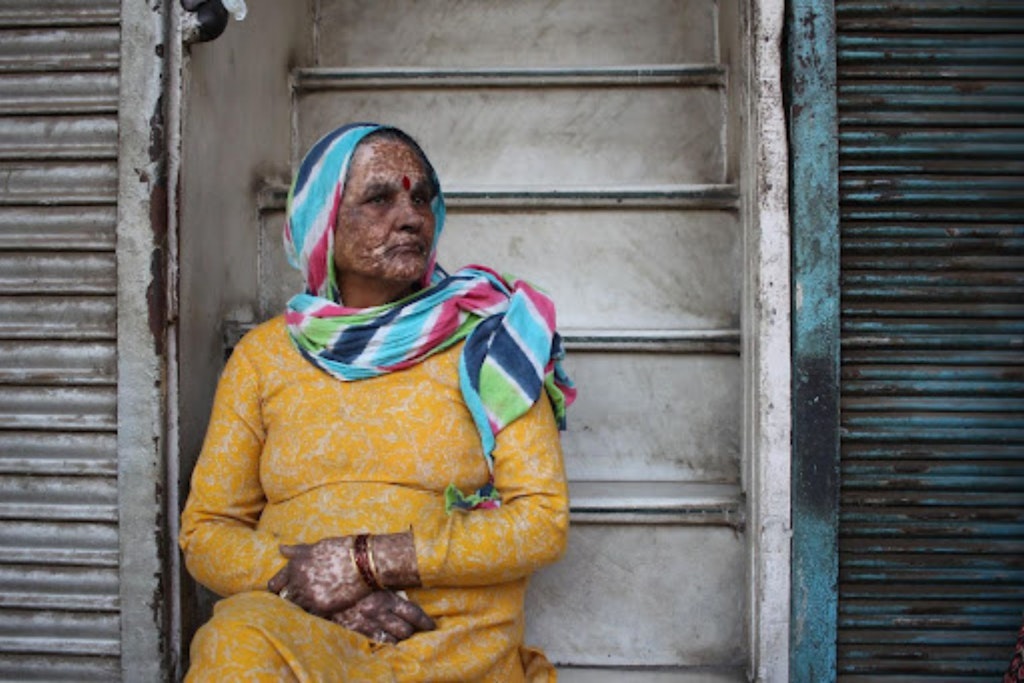Australia establishes global ties in Vietnam, Ghana and India for ‘Decade of Healthy Ageing’
Published on 4 April 2023 (Last updated on 6 April 2023)

Australia’s National Ageing Research Institute (NARI) has continued to break new ground throughout 2023, recently signing a Memorandum of Understanding with Dementia Australia in March, along with forging significant ties in the ‘Decade of Healthy Ageing.’
2023 marks the third year of the World Health Organisation’s (WHO) ‘Decade of Healthy Ageing (2021—2030),’ a proposal which was endorsed by the World Health Assembly and United Nations in 2020.
The ‘Decade of Healthy Ageing’ initiative is intended to bring academics together with Government bodies, the media and the private sector, in order to adapt to the increasing number of older people living in the world today.
For the first time in history, people aged 60 years or over began to outnumber children under 5 years old across the globe in 2020.
According to NARI Director, Professor Briony Dow, the number of older people worldwide is projected to more than double in the coming decades — exceeding 1.5 billion people in 2050.
As such, NARI researchers have established a global network of partnerships in Vietnam, Ghana and India to inform their work in Australia.
“These relationships are helping us to create an international ageing and aged care research sector, equipping both NARI and our partners with the resources to continue our ongoing research, and expand our capacity for future projects,” Professor Dow said.
In November, NARI researchers Associate Professor Tuan Nguyen, Professor Bianca Brijnath and Associate Professor Frances Batchelor signed three Memorandums of Understanding with key Vietnamese partners in the health and social care sectors.
At the National Conference on Gerontology and Geriatrics in Hanoi, the party delivered presentations on falls prevention, the role of digital health in dementia care and NARI’s e-DiVA project (an acronym for ‘empower Dementia Carers with an iSupport Virtual Assistant’).
The e-DIVA tool is intended to support the 91% of unpaid family carers who assist people living with dementia in the community.
“Following NARI’s work in building an evidence base for Vietnam’s National Dementia Plan, we were looking to solidify this connection with ongoing, mutually beneficial partnerships, which will continue to make a real difference to the lives of older people,” Associate Professor Nguyen said.
Despite being the leading cause of disease burden in older Australians, India has the fastest growing dementia rate worldwide and a lack of dementia awareness can lead to delayed diagnoses or sub-optimal care.
NARI’s Professor Bianca Brijnath has collaborated with Indian carers, health professionals and communities to create Moving Pictures India. The multimedia project is intended to highlight and improve the quality of care that those living with dementia in India receive.
“Moving Pictures India will share stories and experiences of people living with dementia, along with practical tips and information about services that are available to support people caring for those living with dementia,” Professor Brijnath said.
Moving Pictures India will be led by The National Institute of Mental Health and Neurosciences in India, Queen Mary University of London, and Curtin University of Technology.
“We’re leveraging India’s growing digital presence to share these videos to inform and educate communities who haven’t been reached previously,” she added.
Professor Brijnath is also carrying out research in Ghana, where NARI has established a partnership with Kwame Nkrumah University of Science and Technology (KNUST), to collaborate with its Bureau of Integrated Rural Development.
“This is a really important opportunity for NARI to collaborate with other countries, share our learnings, and gain insights from experts and communities with different experiences,” Professor Dow said.
NARI researchers intend to translate the e-DiVA WHO iSupport device for Bahasa, te reo Māori and Vietnamese. Additionally, they seek to adapt the WHO iSupport culturally and contextually, to fit the health and social care systems of Australia, Indonesia, New Zealand and Vietnam which would provide support for many family members taking care of a person living with dementia.
If you suspect that you or someone you know may be suffering from dementia, please phone the Dementia Australia hotline at 1800 100 500 or visit the website here.